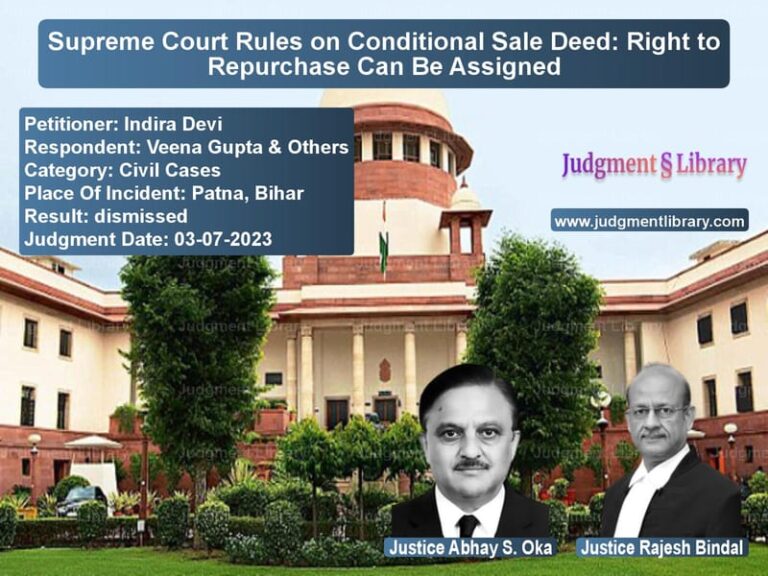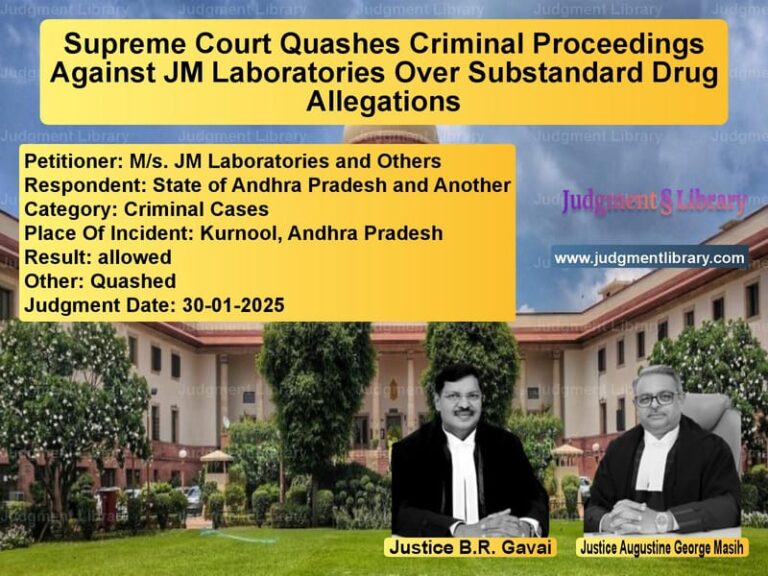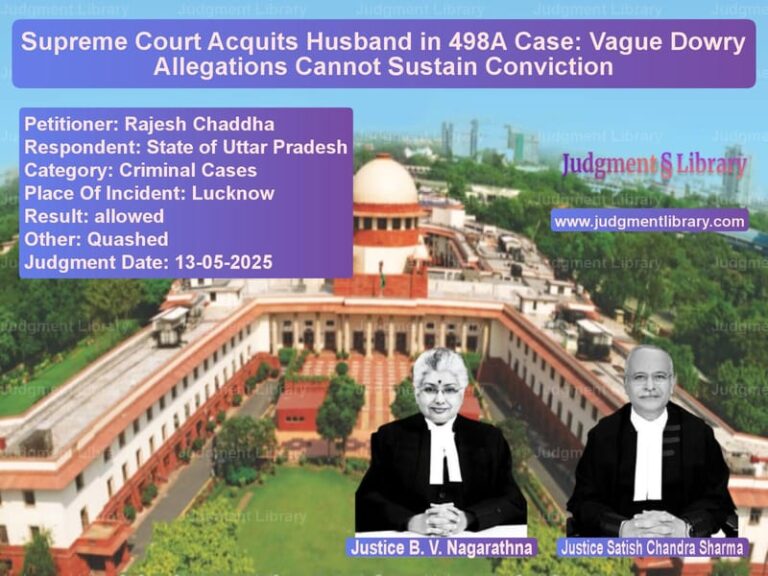DTC Pension Case: Supreme Court Rules on Voluntary Retirement and Pension Eligibility
The Supreme Court of India recently ruled in the case of Delhi Transport Corporation vs. Balwan Singh & Ors., a significant verdict concerning the entitlement of pension benefits for employees who opted for the Voluntary Retirement Scheme (VRS). The case primarily examined whether the period of unauthorized absence from duty could be excluded when calculating qualifying service for pension.
Background of the Case
The respondents were former employees of the Delhi Transport Corporation (DTC) who had taken VRS. They later sought pension benefits under the pension scheme introduced for DTC employees in 1992. However, the DTC refused pension benefits, arguing that the respondents had not completed 10 years of qualifying service due to unauthorized absences, which were not counted for pension eligibility.
The Delhi High Court ruled in favor of the employees, directing DTC to provide pension benefits. The DTC then appealed to the Supreme Court, arguing that employees who had not completed 10 years of service, after accounting for unauthorized absences, were ineligible for pension.
Key Issues Before the Supreme Court
- Whether unauthorized absences should be excluded from the calculation of qualifying service for pension.
- Whether the DTC correctly denied pension benefits to employees who had taken VRS.
- Whether the High Court was justified in directing pension benefits despite a clear statutory provision requiring a minimum of 10 years of service.
Petitioner’s (Delhi Transport Corporation) Arguments
- DTC argued that pension eligibility required a minimum of 10 years of service, and any period of unauthorized absence must be excluded from the calculation.
- They cited the case of DTC vs. Lillu Ram, where the Supreme Court had upheld the exclusion of unauthorized absence in calculating pensionable service.
- The DTC contended that allowing pension despite unauthorized absences would set a precedent that encourages indiscipline among employees.
Respondents’ (Balwan Singh & Ors.) Arguments
- The respondents argued that they had completed more than 10 years of service, and any deductions for unauthorized absence were unjustified.
- They contended that VRS was introduced as an incentive scheme, and denying pension benefits would amount to unfair treatment.
- They further argued that the Pension Rules should be interpreted in favor of employees who had opted for retirement under an official scheme.
Supreme Court’s Observations
The Supreme Court examined the pension rules applicable to DTC employees and analyzed the statutory requirement of 10 years of qualifying service. The Court observed:
“The fundamental principle of pension eligibility is that an employee must have served for the minimum qualifying period. Any period of unauthorized absence, unless regularized, cannot be counted towards qualifying service.”
“The rules governing pension eligibility are clear that service must be rendered while on duty or otherwise recognized under the pension scheme. Unauthorized absence cannot be retrospectively regularized for the purpose of pension entitlement.”
Key Findings of the Supreme Court
- The Supreme Court ruled that the period of unauthorized absence must be excluded when calculating qualifying service for pension eligibility.
- The Court held that employees who had not completed 10 years of qualifying service, after accounting for unauthorized absences, were not entitled to pension.
- The High Court’s decision directing DTC to provide pension benefits was overturned.
- The Court emphasized that allowing pension benefits in violation of service rules would set an incorrect precedent.
Impact of the Judgment
The ruling has significant implications for pension eligibility under voluntary retirement schemes:
- It reaffirms that minimum service requirements must be strictly followed for pension eligibility.
- It clarifies that unauthorized absences cannot be counted as qualifying service unless specifically regularized.
- It upholds the principle that pension schemes must be implemented in accordance with statutory provisions and cannot be relaxed on equitable grounds.
Conclusion
The Supreme Court’s decision in Delhi Transport Corporation vs. Balwan Singh & Ors. establishes a clear precedent that unauthorized absences must be excluded from pension eligibility calculations. By ruling in favor of DTC, the Court has reinforced the principle that statutory service requirements cannot be bypassed, even under voluntary retirement schemes. This judgment provides clarity on pension eligibility and sets a standard for future cases involving government employees and pension benefits.
Petitioner Name: Delhi Transport Corporation.Respondent Name: Balwan Singh & Ors..Judgment By: Justice S.A. Bobde, Justice Sanjay Kishan Kaul, Justice Deepak Gupta.Place Of Incident: Delhi.Judgment Date: 26-02-2019.
Don’t miss out on the full details! Download the complete judgment in PDF format below and gain valuable insights instantly!
Download Judgment: Delhi Transport Corp vs Balwan Singh & Ors. Supreme Court of India Judgment Dated 26-02-2019.pdf
Direct Downlaod Judgment: Direct downlaod this Judgment
See all petitions in Pension and Gratuity
See all petitions in Employment Disputes
See all petitions in Public Sector Employees
See all petitions in Judgment by S. A. Bobde
See all petitions in Judgment by Sanjay Kishan Kaul
See all petitions in Judgment by Deepak Gupta
See all petitions in allowed
See all petitions in supreme court of India judgments February 2019
See all petitions in 2019 judgments
See all posts in Service Matters Category
See all allowed petitions in Service Matters Category
See all Dismissed petitions in Service Matters Category
See all partially allowed petitions in Service Matters Category







